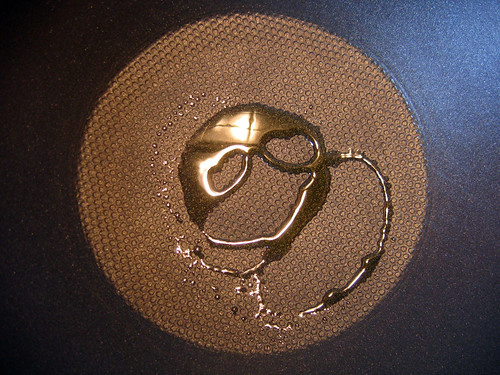The Effects of a High-Fat Diet on Health and Weight - Conclusion
It's time to wrap up the high-fat diet experiment with some final conclusions.
First of all, it's difficult to say how a diet high in fat really affects cholesterol levels, since it is also affected by other factors. Some studies suggest that if the relation of different types of fats stays the same, there is no difference between cholesterol levels in people on high-fat and low-fat diets. Other studies say that replacing saturated fats with monounsaturated or polyunsaturated fats lowers both types of cholesterol. Finally, there are studies that conclude that cholesterol levels are unrelated to the quality, quantity and proportions of dietary fat.
So, it cannot be said with certainty how eating fat affects cholesterol. Similarly, it cannot be said with certainty how cholesterol affects health (especially atherosclerosis). Some studies claim there is a relationship between high blood cholesterol levels and mortality, but sceptics usually refute these claims by saying that correlation is not causation. Like high blood pressure, high cholesterol can be a warning sign, but it does not necessarily follow that high cholesterol is the cuplrit that should be treated. And to make things even more complicated, there are studies that say low cholesterol is related to mortality.
One things the Atkins Diet has shown us is that eating lots of saturated fat and protein does not make you fat, if you keep carbohydrates to a minimum. I ate lots of fat and protein while restricting carbohydrate intake to mostly fruit (which I ate plenty of) and lost a couple of pounds, even though I was thin to begin with. This, of course, is just my own experience, but I challenge anyone to come up with different results.









2 kommenttia:
Yeah, stick it to the man!
An important factor is whether one would be in a slight surplus of calories (anabolic/hyper-caloric) condition or deficit of calories (catabolic/hypo-caloric). That could be why there are discrepancies in the studies also.
Post a Comment